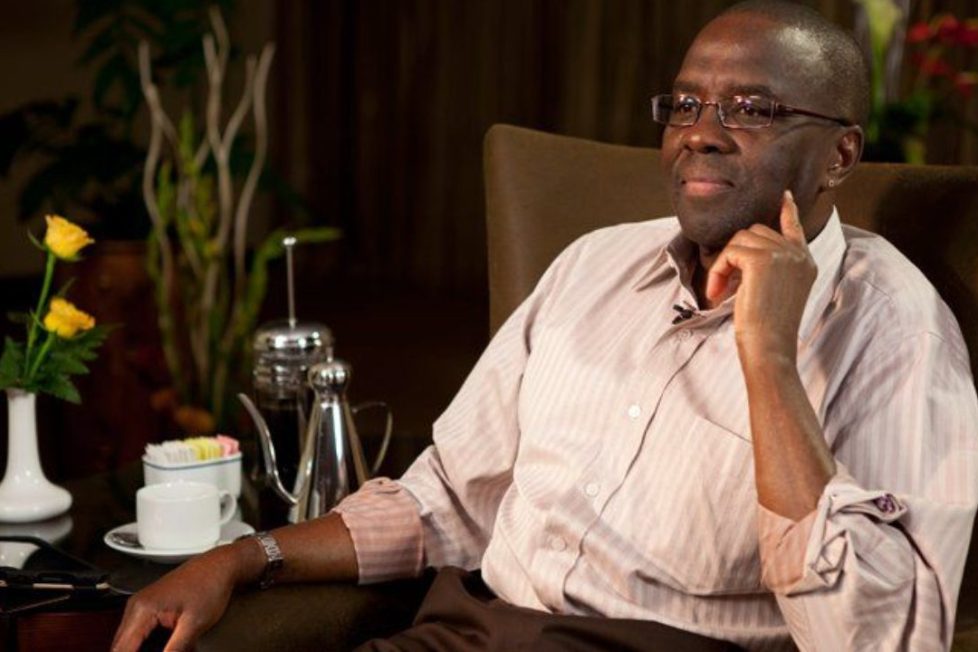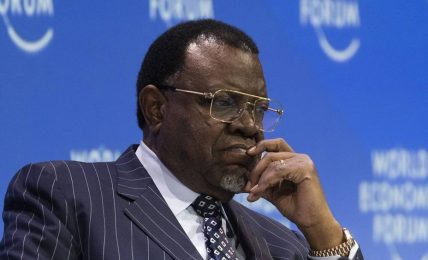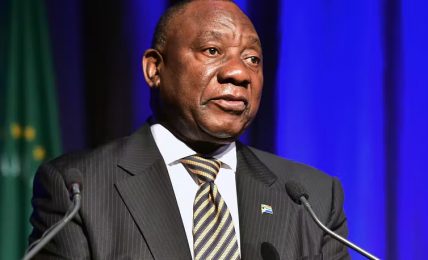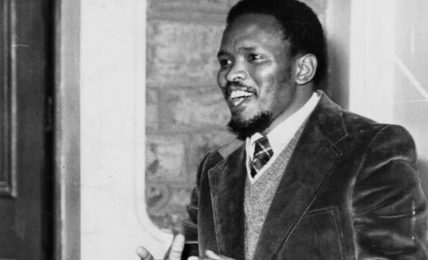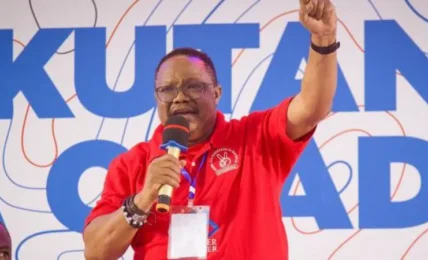Interviews: Willy Mutunga, Retired Chief Justice and President of the Supreme Court of Kenya
Retired Chief Justice Willy Mutunga remains active in his agitation for reforms, with constant calls for respect for the rule of law and constitutionalism in the governance processes. He spoke to Journalist Barack Oduor on his tenure and what he thinks the future holds for Kenya.
